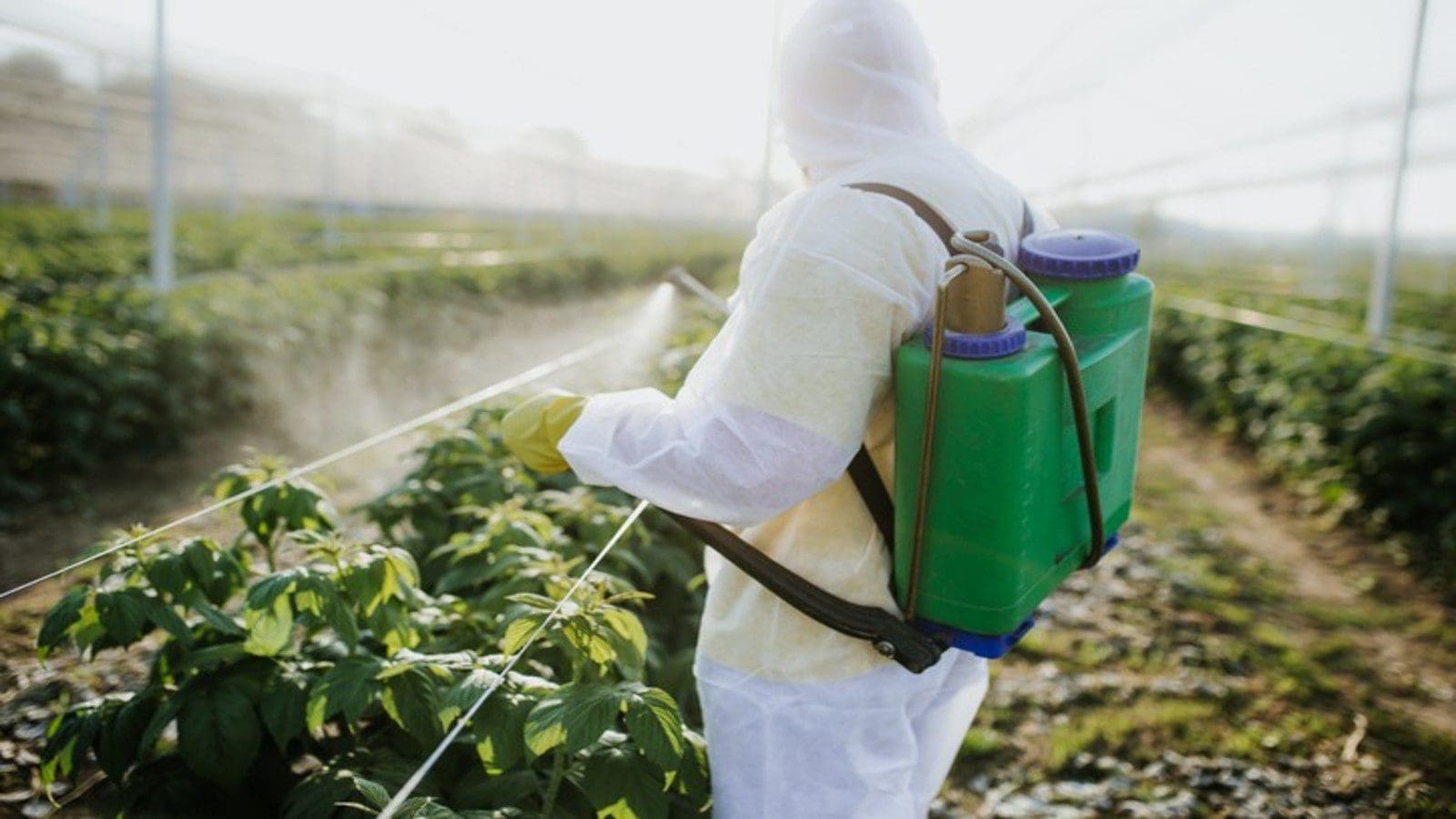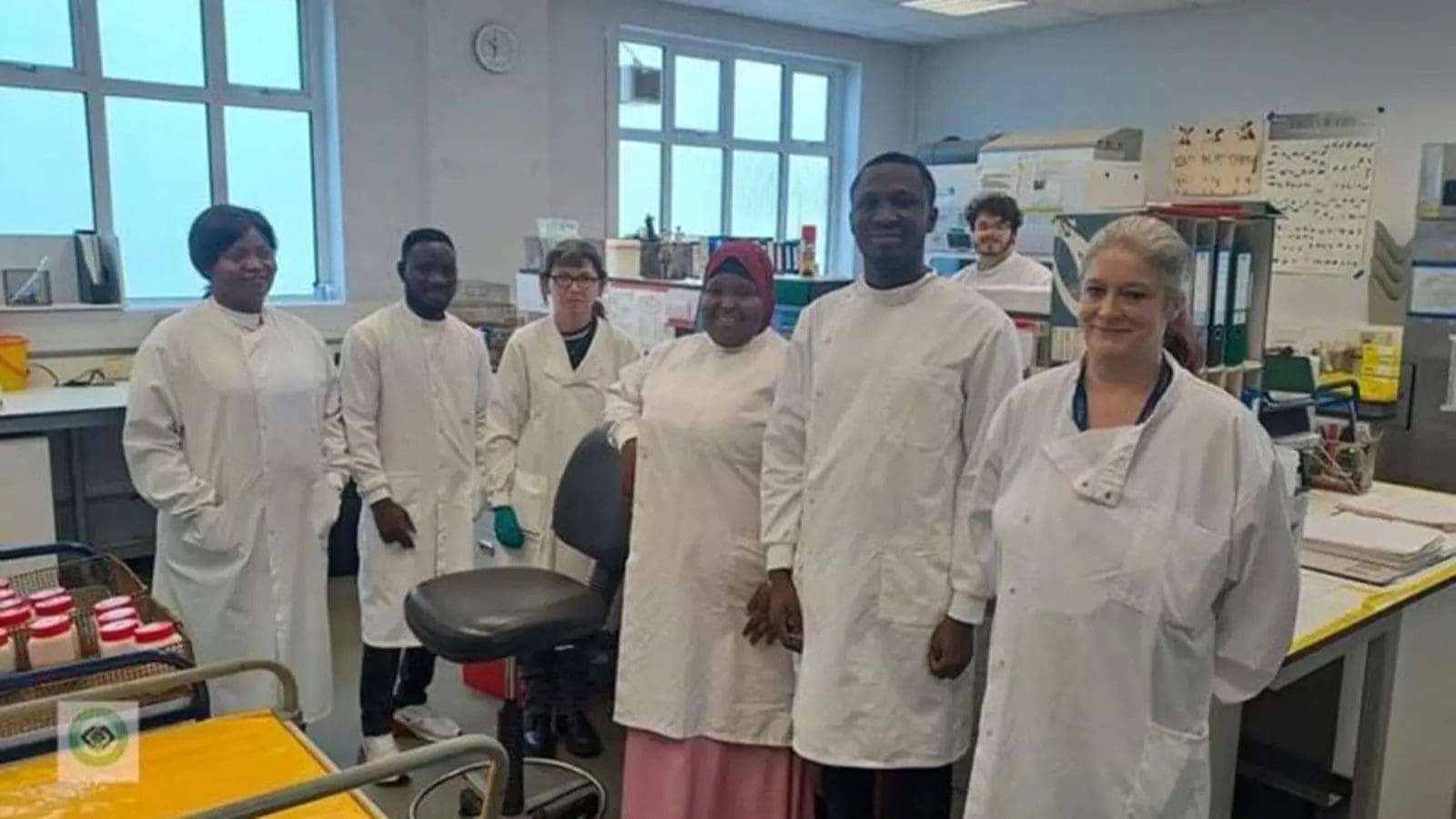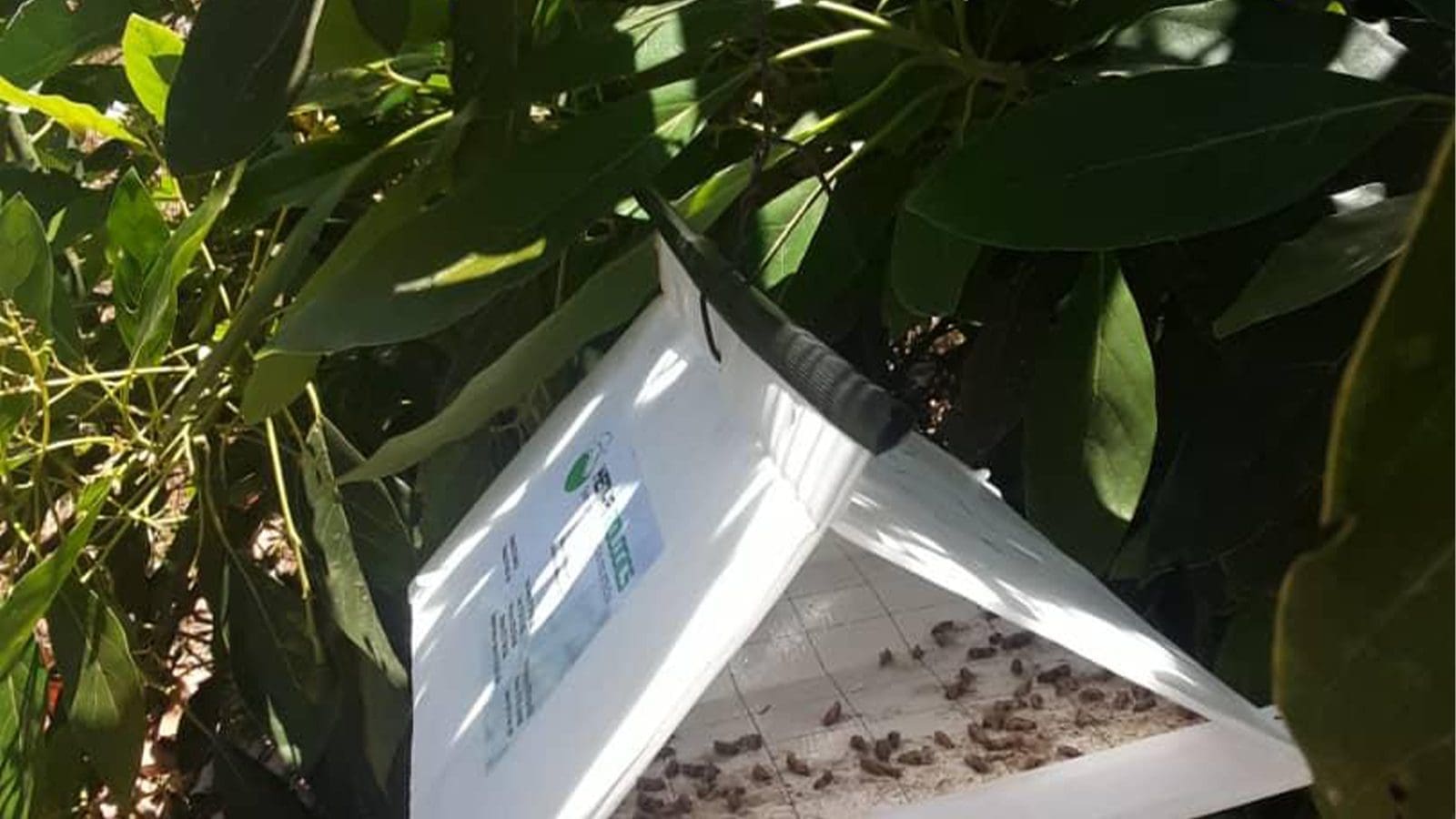EUROPE – The European Food Safety Authority (EFSA) and the European Chemicals Agency (ECHA) have started parallel consultations on the initial scientific evaluations of glyphosate.
In the parallel consultations, EFSA will gather feedback on the renewal assessment report on glyphosate while ECHA’s consultation is on the harmonized classification and labelling report. The initial scientific evaluations put out for consultation were both prepared by the Assessment Group on Glyphosate (AGG), which comprises national competent authorities in France, Hungary, the Netherlands and Sweden.
Glyphosate is a chemical that is widely used in plant protection products (PPPs). Glyphosate-based PPPs , i.e. formulations containing glyphosate, co-formulants and other chemicals, are mainly used in agriculture and horticulture to control weeds that compete with cultivated crops.
The European Commission granted a five-year approval for glyphosate in 2017. It is currently approved for use in the European Union (EU) until 15 December 2022. This means it can be used as an active substance in PPPs until that date, subject to each product being authorized by national competent authorities in the individual EU Member States subsequent to a safety evaluation.
Following the consultations, each agency will collate the comments pertinent for their respective process. For the harmonized classification process, the AGG and ECHA’s Committee for Risk Assessment (RAC) will consider the comments and data submitted. These considerations will be taken forward when RAC develops its opinion on the classification of glyphosate under the Classification, Labelling and Packaging (CLP) Regulation.
The classification of chemicals is based solely on the hazardous properties of a substance and does not take into account the use or likelihood of exposure to the substance. Exposure is considered as part of the risk assessment of pesticide active substances, a process led by EFSA.
Glyphosate currently has a harmonized classification as causing serious eye damage and as toxic to aquatic life with long-lasting effects, prior to and following the assessment by ECHA in 2017. Classification for germ cell mutagenicity, carcinogenicity or reproductive toxicity was not considered to be warranted. The initial scientific evaluation from the AGG does not recommend a change to the existing classification.
EFSA will take the outcome of ECHA’s opinion on the classification of glyphosate into account in its peer review and is expected to finalize its work in the second half of 2022. The European Commission, together with risk managers from the 27 EU Member States, will then decide whether to renew the approval of glyphosate for use in the EU.
EFSA and ECHA strive for transparency and to bring citizens and stakeholders as close to the agencies’ work as possible. All interested parties are encouraged to contribute to the consultations by submitting relevant comments or scientific information and data. The consultations will remain open for 60 days and all comments will be published after their closure on the two agencies’ websites.
Liked this article? Subscribe to Food Safety Africa News, our regular email newsletters with the latest news insights from Africa and the World’s food safety, quality and compliance. SUBSCRIBE HERE








